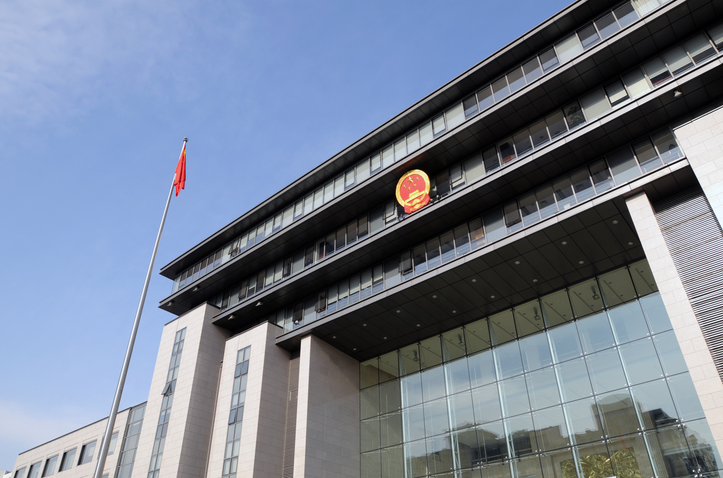Real estate, hotels, entertainment, sports clubs, outdated industries and projects in countries with no diplomatic relations with China were included on the restriction list.
Why have these restrictions been introduced?

The Chinese government has introduced the restrictions
The Chinese government has introduced the restrictions as part of its plans to promote the healthy growth of overseas investment and prevent risks.
- Chinese developer purchases Vauxhall Square for £157m
- Chinese developer signs £2bn deal to transform UK city
- Chinese see UK commercial property as ‘safe haven’
How will the UK property market be impacted?

Super-prime property is likely to see the biggest impact
“These measures are most likely to affect the super-prime end of the property market, such as trophy landmark hotels and offices,” said Paul Riddell, head of marketing and communications at Lendy.
“They will have little trickledown impact on the bulk of the UK’s real estate market.”
Alexander Moss, operations manager at Zorin Finance, felt the impact on residential investment was still yet to be seen.
“It is important to separate the bulk of the UK market (which is driven primarily by interest rates, the housing shortage and population growth), from the higher cap value and trophy assets favoured by Chinese investors.
“In the long run, the effect of the new restrictions will have a limited effect on the UK property market as a whole, especially given the fact that many Chinese investors will either invest through a Hong Kong-based vehicle, or into UK property classes deemed as rational by the Chinese government such as education, healthcare and industry.
“The competitive pound and relatively stable legal and political structure of the UK will continue to attract Chinese capital in the long term, despite the prevalence of short-term obstacles and restrictions.”
Amit Majithia, principal at Avamore Capital stated: “Brexit is important to China because the EU is the second largest trading partner for them after the US, and the UK has always been the primary advocate for trade between the EU and China.
“The Chinese see the UK not so much as a place to make lots of money, but a place to preserve and not lose it.”
